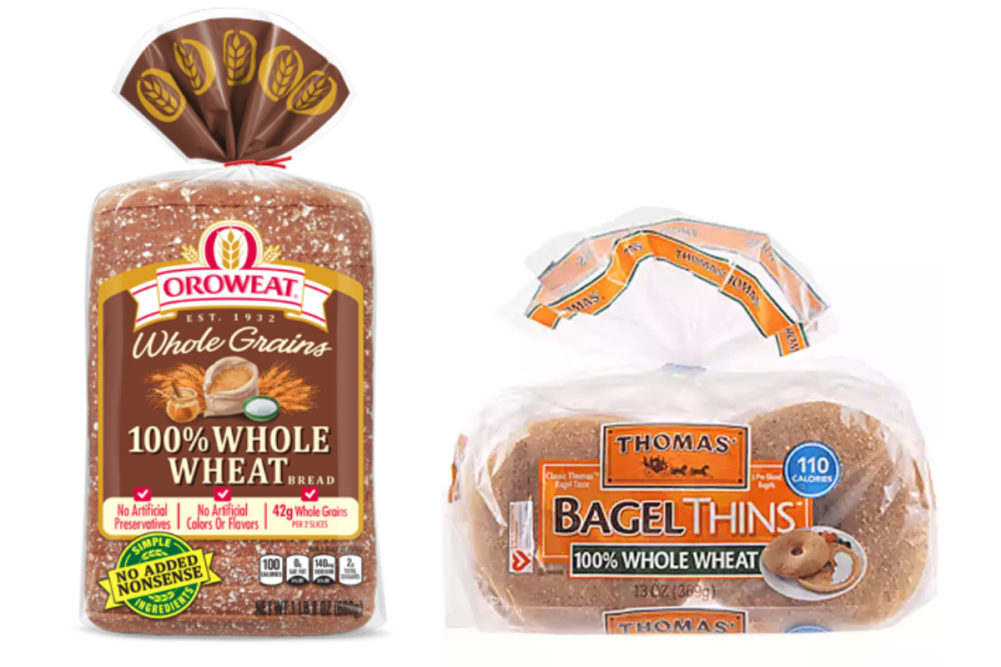SAN FRANCISCO — A district court in California on March 31 denied the approval of a class-action settlement involving a labeling case between defendant Bimbo Bakeries USA, Horsham, Pa., a business of Grupo Bimbo SAB de CV, and plaintiffs Alex Ang and Lynn Streit. The US District Court for the Northern District of California cited concerns about a lack of notice to absent class members. The court set a telephone conference meeting for April 14.
The case, which originally was filed on March 18, 2013, involves the alleged misbranding of baked foods under brands such as Oroweat, Thomas’ and Bimbo. Examples of products allegedly labeled improperly included those with the American Heart Association’s Heart-Check mark without acknowledging the mark is a paid endorsement; products labeled as a “good source of whole grain” or an “excellent source of whole grain”; products labeled as “bread” even though they contained added coloring; and products labeled as “100% whole wheat” even though they were made with non-whole wheat flour.
Talks of a settlement took place in December 2019. The district court held a hearing about it on Feb. 13. The court has raised concerns about the lack of notice to absent class members in the proposed settlement. Both the plaintiffs and the defendants have said class notice was not required because the settlement only provides for injunctive relief. The court disagreed in its March 31 ruling.
“As the court has explained, however, notice in this case is not about allowing absent class members to opt out of the injunctive relief, but rather is about giving them the opportunity to understand how their rights will be affected by the proposed settlement; object to the settlement if they believe it is insufficient; and weigh in on the anticipated motions for attorneys’ fees and incentive awards for the named plaintiffs,” said Haywood S. Gilliam Jr., US district judge. “Aware of the parties’ effort to reach settlement in this action, the court provided them with ample opportunity to remedy the identified deficiencies. Yet at each turn the parties have appeared reluctant to provide absent class members with meaningful notice of the terms of the settlement and the nature of the rights they are releasing.”
While the proposed settlement says absent class members may view the class counsel’s website for information about the settlement, the court said it wonders why the notice similarly could not be provided on the defendant’s websites or on some forum likely to be seen by absent class members.
“In the absence of such notice, the court finds that the parties’ proposal is tantamount to no notice at all and does not adequately account for the rights of absent class members,” Mr. Gilliam said.
Under the proposed settlement, Bimbo Bakeries USA denies any liability, wrongdoing or responsibility for the claims made by the plaintiffs and believes they are without merit. A Feb. 20 court filing detailed labeling changes made by BBU:
- color removed in specific products under the Oroweat, Bimbo and Thomas’ brands;
- claim of “good source of whole grain” removed from specific Sara Lee bread items, although Bimbo divested the Sara Lee products after the lawsuit was filed;
- American Heart Association Heart-Check mark removed from specific products under the Thomas’ brand; and
- soy flour removed from the ingredients lists in specific products under the Thomas’, Sahara and Sara Lee brands.
Grupo Bimbo has not commented on the lawsuit.





